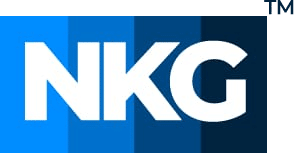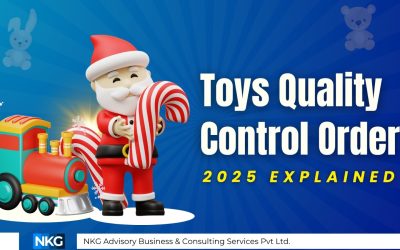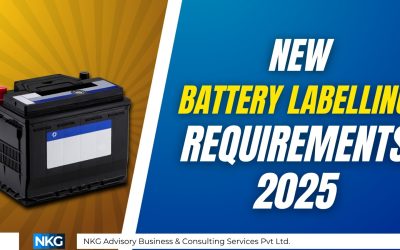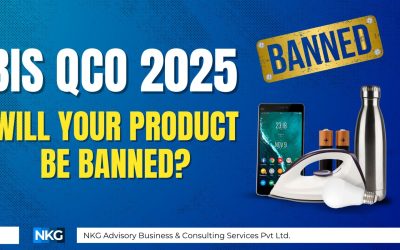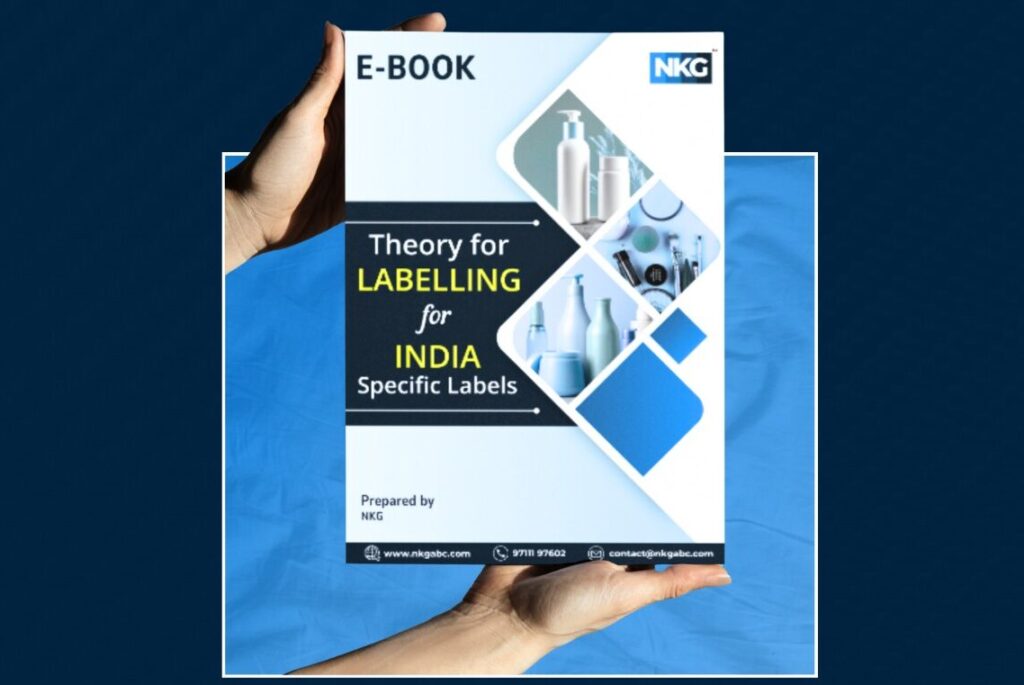How to Apply for a WPC License: A Step-by-Step Guide
Imagine This
You’ve just developed a cutting-edge wireless product, perhaps a smart speaker, a drone, or a Bluetooth-enabled device, and are eager to enter the Indian market. Exciting, right? But before you start selling or importing, one essential step is obtaining a WPC License.
Why does this matter? A WPC (Wireless Planning & Coordination) License isn’t just a legal requirement, it’s your gateway to building consumer trust, expanding your market, and ensuring your device complies with Indian standards.
In this guide, we’ll break down the process into clear, actionable steps, so you can easily navigate it.
What is a WPC License, and Why Do You Need It?
The WPC License, issued by India’s Department of Telecommunications (DoT), ensures that wireless devices adhere to the country’s frequency and safety standards. It’s mandatory for a wide range of products, from Bluetooth headphones to smart TVs, and signals to your customers that your product is safe, reliable, and compliant.
Key Benefits:
- Market Access: Seamlessly import and sell wireless products in India.
- Consumer Confidence: Demonstrates that your device meets Indian standards.
- Regulatory Compliance: Avoid potential fines or legal hurdles.
Who Needs a WPC License?
If you’re a:
- Domestic Manufacturer: Launching a wireless product in India.
- Importer: Bringing international devices into the Indian market.
- Foreign Manufacturer: Selling your products to Indian consumers.
Then this license is for you!
Products That Require a WPC License
The list includes, but isn’t limited to:
- Bluetooth Devices (headphones, keyboards)
- WiFi Routers and Repeaters
- Smart Speakers and TVs
- Drones
- Wireless Cameras
- RFID Readers
How to Apply for a WPC License
Let’s walk through the process:
1. Register on the WPC Online Portal
- Visit the Saral Sanchar Portal and create an account.
- Submit details about the wireless equipment you wish to import or sell and receive an Import ID.
2. Apply for Equipment Type Approval (ETA)
- Check if your product qualifies for ETA by using your Import ID.
- Products exempt from approval can move forward directly; others will require additional testing.
3. Conduct RF Testing
- Test your device’s Radio Frequency (RF) range at an accredited lab to ensure it meets Indian standards.
- RF testing ensures your product operates safely and without interference.
4. Submit the Application
- Fill out the online application form for WPC ETA approval and attach all required documents.
5. Pay the Fee
- Complete the payment process online using a credit/debit card or wallet.
6. Receive the License
- Your WPC license will be issued after document verification and RF compliance checks, typically within 30-50 working days.
Documents You’ll Need
Here’s a checklist to simplify your application process:
- Company Registration Certificate
- GST Registration Certificate
- Authorized Representative’s ID and Address Proof
- Radiofrequency Test Report (from an accredited lab)
- Import Export Code (if applicable)
- Purchase Order (for imports)
- Technical Details of the Product
- Receipt of Application Fee
Tips for a Smooth Application Process
- Be Thorough: Ensure all documents are complete and accurate.
- Use Expert Help: Consulting with a WPC expert can save you time and effort.
- Track Your Application: Use the Saral Sanchar Portal to monitor your application’s progress.
Your Next Step
Getting a WPC License doesn’t have to be daunting. Following this guide, you can streamline the process and focus on what matters most, launching your product in the Indian market.
If the paperwork and regulatory requirements overwhelm you, NKG Advisory is here to help. With decades of expertise in global regulatory solutions, our team simplifies the WPC licensing process for you, ensuring compliance while saving you time and effort.
Let the experts handle the complexities so you can focus on innovation and growth. Ready to take the first step? Connect with NKG Advisory today and unlock your product’s potential in India!
Final Thought
Compliance isn’t just a box to check, it’s a foundation for trust and growth in today’s competitive market. Take the first step today and unlock your product’s potential in India!
Conclusion: The CEPA agreements signed by India with South Korea, Japan, and ASEAN member states have significantly impacted the Indian cosmetics market. By providing duty waivers for imported cosmetic products, these agreements have facilitated the entry of international brands, offering Indian consumers a wider variety of high-quality cosmetic options at competitive prices. The increased competition has also driven domestic manufacturers to enhance their product offerings and adopt advanced technologies to remain competitive.
While the influx of international brands has presented challenges for local companies, it has also fostered collaborations, knowledge-sharing, and investment opportunities in the Indian cosmetics sector. As the market continues to evolve, stakeholders must adapt to changing consumer preferences, regulatory frameworks, and quality standards to thrive in this dynamic and competitive landscape.
